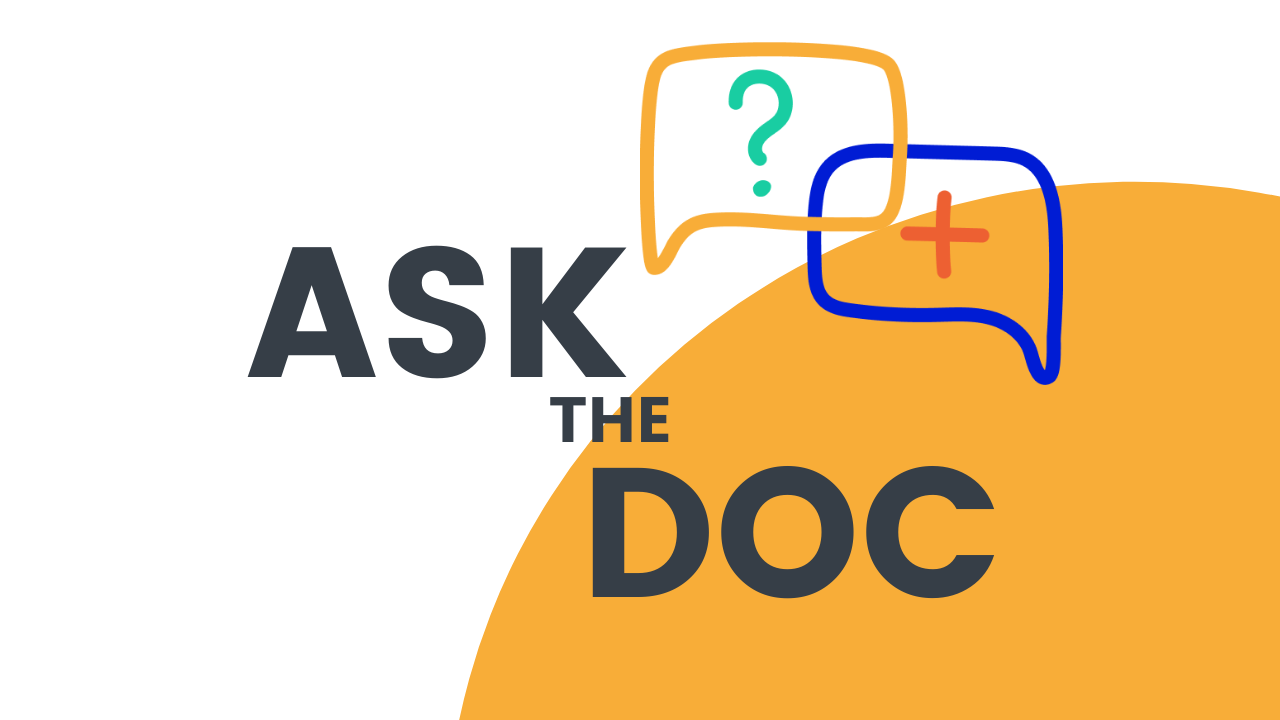A new study has found that semaglutide—better known as the weight loss injection Wegovy or Ozempic—might do more than help people shed extra pounds. Early research suggests that it could also reduce cravings for alcohol and cut down how much people drink.
This discovery has sparked interest among scientists and doctors, raising hopes that semaglutide could be used to help people struggling with alcohol use disorder (AUD). But how strong is the evidence, and what does it mean for the future of alcohol addiction treatment? Let’s take a closer look.
What Did the Study Find?
Researchers in the United States carried out a small study involving 48 people with problem drinking. These individuals were not actively looking for treatment, but they all had alcohol use disorder—a condition where people struggle to control their drinking despite negative effects on their health and life.
The participants were randomly split into two groups:
- One group received a weekly low-dose injection of semaglutide for 9 weeks.
- The other group was given a placebo (a dummy injection with no effect).
Before and after the treatment, researchers invited participants to a “drinking lab”—a comfortable setting where they could drink their preferred alcoholic beverages over two hours. The researchers tracked how much alcohol they consumed and measured their breath alcohol levels.
The results showed that people who took semaglutide:
-
Drank less alcohol when offered drinks in the lab setting.
- Had fewer heavy drinking days over time.
- Experienced a 40% drop in alcohol cravings.
- Drank 41% fewer drinks on days they did drink.
Interestingly, a small number of participants who also smoked cigarettes smoked less while taking semaglutide.
How Does Semaglutide Work?
Semaglutide is a GLP-1 receptor agonist—a type of medication originally developed to help people with type 2 diabetes. It works by mimicking a hormone that regulates appetite and blood sugar levels.
Many people taking the drug for weight loss report that they lose interest in food and feel full much faster. Now, scientists believe that semaglutide might also reduce cravings for alcohol by acting on the brain’s reward system.
Dr Stephen Burgess from the University of Cambridge explains:
"Semaglutide seems to dampen the brain cues that make people crave food and alcohol."
Why Is This Important?
Alcohol use disorder is a major public health issue. In 2023, alcohol-related deaths in the UK reached a record high—with 10,473 people dying from alcohol-related conditions like liver disease.
Current medications for treating alcohol addiction, such as naltrexone and acamprosate, don’t work for everyone. Semaglutide could offer a new alternative for those struggling with alcohol dependence.
Professor Sir Ian Gilmore, chair of the Alcohol Health Alliance UK, welcomed the research but stressed that more studies are needed. He also reminded policymakers that preventing alcohol harm should remain a priority.
"While new treatments are exciting, we already know how to reduce alcohol harm—by making alcohol less affordable and restricting marketing."
Should You Try Semaglutide for Alcohol Cravings?
It’s important to note that this was a small, early-stage study. Although the results are promising, scientists need larger clinical trials to confirm whether semaglutide is safe and effective for treating alcohol addiction in the long term.
Another key point is that semaglutide isn’t without side effects. It can cause nausea, vomiting, and stomach issues. Plus, it is currently only licensed for weight loss and diabetes—not for alcohol use disorder.
If you or someone you know is struggling with alcohol, it’s best to speak to a doctor or seek support from services like Alcohol Change UK or Drinkaware.
What’s Next?
The next step is larger and longer trials to fully understand how semaglutide affects alcohol use. If future research confirms these findings, we could see semaglutide becoming a new treatment option for alcohol addiction—offering hope to many who struggle with cravings and heavy drinking.
Until then, experts stress that prevention and support services remain the best tools for tackling alcohol-related harm.





Share:
How this Weight Loss Injectable May Be the Key to Some Hearts
A Patient's Guide to Understanding Weight Loss Medications: Key Differences in GLP-1 Products for Weight Loss